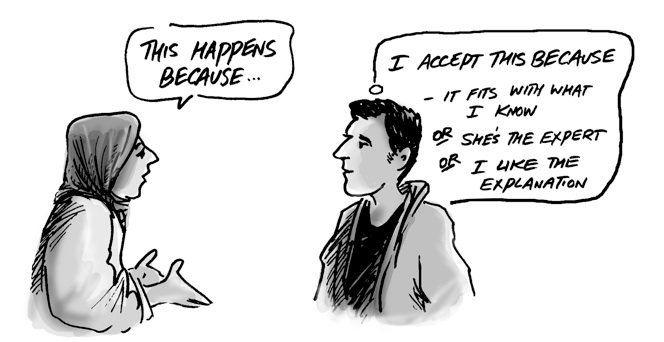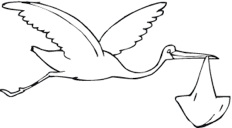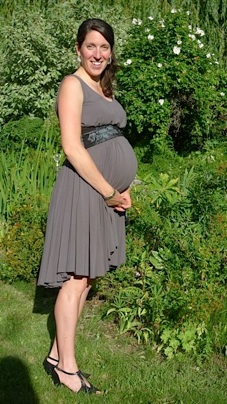explanations in daily life


two non intersecting domains
A basic systems concept is inherent in this discussion, namely that there are different domains each of which has its own logic that cannot be reduced to another domain. The process determines the result, and the result does not determine the process. Further, the dynamics that take place in the process, that is in the generative domain, do not determine how the phenomenon will act as a whole. This is sometimes also referred to as “emergent properties”, though the phrase “emerging from” may evoke a misunderstanding; namely that these properties were always hidden inside, and are not able to come out. The view I accept is that the phenomenon arise as a consequence of the relationships that actually take place in the generative domain, and that these are not prescribed by any outside force.
One significant idea that pertains to the notion of generative and phenomenal domains is that whenever we do try to insert the result of a process into the process, it always interferes with the fluid happening of the process. A full participation in a process, where the result is just allowed to happen, is much appreciated and sought in many activities. It is referred to by many phrases, such as “in the groove” or “presencing.”

where do I come from?
For another example, I’ll write my version of a story that Maturana often told in his seminars is the possible answers to the question a child may ask “where did I come from?”
drawing by Simon Kneebone,
from Ison, Systems Practice, Open University
we ask questions
There are many kinds of questions... simple ones like “what is your name?” or “where is the ball?” have a predetermined type of answer. You could not answer the “where is the ball” question with “tomorrow” or “its blue.” The form of a question always determines what is acceptable as an answer. And this is something we learn very early as children; we learn it implicitly, no one has to explain the logic to us. So if a three year old brings you something they found and asks you “what is this?” and you answer “you have mud on you feet”, at best s/he will consider this a delay, but more likely s/he will be frustrated and ask again in a more emphatic manner.
One form of a question is unique in what we consider an acceptable answer.
Namely ‘how” questions are consist of a request for an explanation. (Note that sometimes people ask “why” when they mean “how” rather than wanting to know about a motivation or purpose.)
So what is an explanation? Consider the following conversation:
why do we ask?
Why do we ask for explanations in the first place?
Though I have some notions about why we like explanations, I will leave this question as a ponderable for you.
(If you would like to follow up, consider the following links - designed to be understood by children)

In the European tradition children often learn that babies are brought by a stork. So if the child asks, that is a likely answer they will be given, and usually a young child accepts this as true. After all they will have seen birds carrying things in their beaks, and a stork is a big bird, and could carry a baby.
Some children may follow up with a question about where storks get the babies - and that may cause the parent to quickly invent some far away place, maybe “China” which may just mean “some place far away that has a name” as far as the child is concerned.
Lets say we’re talking about little Johnny. One day Johnny comes home and says that Mrs. Baker, the neighbour lady told him that she has a baby in her belly. “And her belly is really big, and she let me touch it, and I could feel something moving. Mommy, I don’t believe that storks really bring babies.”
And then mommy sits down with the child, and says “Johnny, you’re a big boy now, I can explain something to you about babies. You were just too young to understand before.” Mommy then tells Johnny about babies being made from a little seed that begins to grow in the mothers’s tummy, and when it gets big enough, it comes out.
How much anatomical or biological detail is included in that explanation depends on many factors including age, family, and culture.
In any case, the new explanation is plausible, and usually accepted. Johnny will likely have grown plants from seeds, and seen babies of different sizes, so this explanation fits with his experience. Further he has the direct observations of Mrs. Baker. However, the reason he chooses to accept this new explanation may be something the mother never guesses; for example Maturana says he liked the new explanation better simply because it was closer to his mother.
koozie.com
